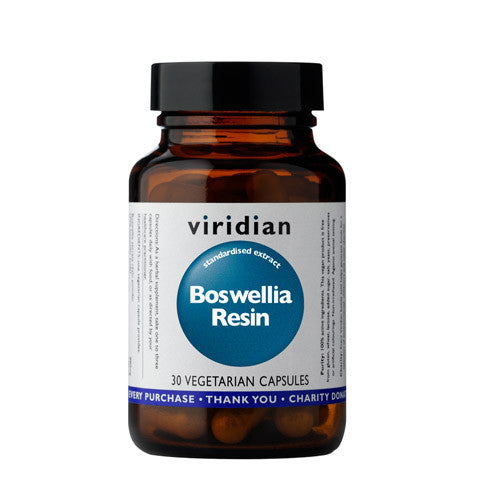If you have any of the following symptoms you could be suffering from food intolerance, especially if you notice a worsening after meals.
| Anxiety Arthritis Asthma Attention Deficit Bed wetting Bloating Bronchitis Coeliac Disease Chronic Fatigue Constipation Cystic Fibrosis Depression Diarrhoea |
Fibromyalgia Gastritis Headaches Hyperactivity Inflammatory Bowel Insomnia Irritable Bowel Itchy skin problems Malabsorption Migraine Sleep Disturbances Water Retention Weight Problems |
Food intolerance sufferers can also experience more than one symptom at the same time.
Just how accurate is the test?This is the most important question of all and has several facets.
Producer: Cambridge Nutritional Sciences is a vital part of the Omega Diagnostics Group and was a pioneer in developing consistent ELISA testing methods for food IgG antibodies. The Omega Group has a number of diagnostic platforms that detect IgG against foods; they are the largest provider of these tests worldwide. They use the same sources of purified antigens to make all these tests and they also validate the tests using the same large panel of patient blood samples before they are cleared for sale. While there is some inevitable slight variation by season in the exact mix of proteins contained in fresh raw foods, the same extracts are used across all test platforms.
Method: The ELISA (Enzyme-Linked ImmunoSorbent Assay) method is the diagnostic industry standard for antigen-antibody based screening tests. It is the most relied-upon technology for immunological testing in hospitals worldwide, including for life-critical blood tests such as HIV.
Reproducibility of results: With the Food Detective, Cambridge Nutritional Sciences have produced the world’s only self-contained serum-antibody based food intolerance kit. Results with the Food Detective show a 95% correlation with results generated by laboratory testing.
Reproducibility of results: With the Food Detective, Cambridge Nutritional Sciences have produced the world’s only self-contained serum-antibody based food intolerance kit. Results with the Food Detective show a 95% correlation with results generated by laboratory testing.
Relevance of results: The gold-standard for demonstrating the value of a scientific intervention is the controlled double-blind clinical trial, This divides patients randomly into two groups. One group receives the real treatment; the other receives a sham intervention, To avoid bias, neither the patients nor the staff treating them are permitted to know which group they belong to. Unlike some tests purported to show food intolerances, food-IgG testing has been subjected to double-blind clinical trials, most notably in Irritable Bowel Syndrome, Migraines and Crohn's Disease. These hospital-based studies and were conducted by specialists in the relevant fields - most commonly Neurologists or Gastroenterologists.
Are you suffering with any of these symptoms then this 40 minute test maybe of help to you. Or you could look at the bigger testing services offered







